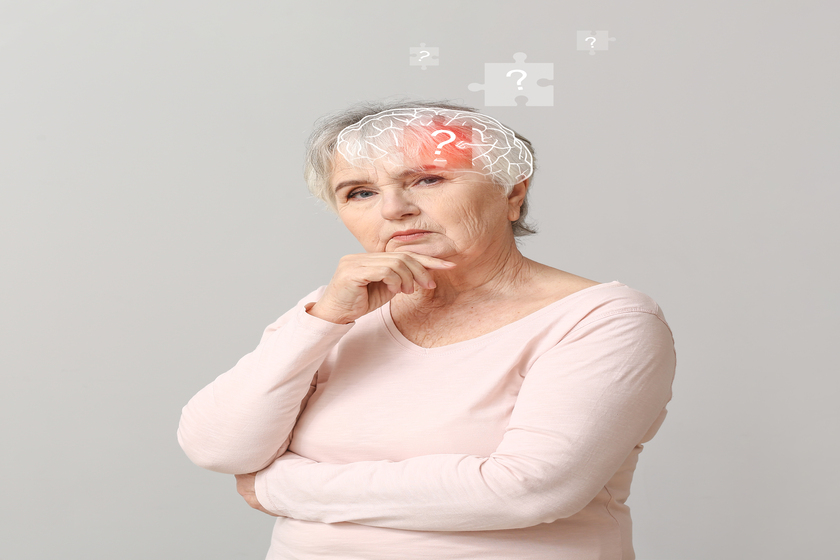Pseudodementia, often mistaken for genuine dementia, can cause significant distress and confusion among older adults and their loved ones. This condition mimics dementia symptoms but originates from different underlying issues. Understanding the causes of pseudodementia is crucial for proper diagnosis and treatment, allowing for more effective management and better quality of life for those affected.
Understanding Pseudodementia And Its Symptoms
Pseudodementia presents symptoms similar to true dementia, such as memory loss, confusion, and cognitive impairment. Unlike true dementia, these symptoms are often reversible with proper treatment. Residents may exhibit forgetfulness, difficulty concentrating, and changes in behavior. These symptoms can lead to misdiagnosis, causing unnecessary anxiety. Recognizing the distinction between pseudodementia and dementia is essential for providing the appropriate care and support to those experiencing these symptoms.
The emotional and psychological impact of pseudodementia can be profound. Residents may feel frustrated, isolated, or misunderstood. This condition not only affects the individual but also their family members and caregivers. By understanding the symptoms and seeking accurate diagnosis, it becomes possible to address the root causes effectively. This approach ensures that residents receive the necessary treatment and support to improve their overall well-being.
Unmasking the Common Underlying Triggers of Pseudodementia
- Depression is a major trigger of pseudodementia, manifesting in symptoms like sadness, hopelessness, and a lack of interest in activities. This mental health condition can significantly impact cognitive function, leading to memory problems and confusion. By addressing depression through therapy, medication, and social support, the cognitive symptoms can often be alleviated.
- Anxiety also plays a significant role in pseudodementia. Chronic worry and fear can impair cognitive abilities, making it difficult for individuals to concentrate or remember information. Addressing anxiety through counseling, relaxation techniques, and medication can help improve cognitive function. This allows residents to experience a better quality of life and reduces the risk of misdiagnosis.
- Stress is another common factor contributing to pseudodementia. Chronic stress can overwhelm the brain, leading to symptoms resembling dementia. Managing stress through lifestyle changes, mindfulness practices, and professional support can help mitigate its impact. Reducing stress levels can enhance cognitive abilities and overall well-being, making it easier to differentiate between pseudodementia and true dementia.
- Sensory deprivation, such as hearing or vision loss, can lead to cognitive decline. When sensory input is limited, the brain’s ability to process information is affected. Addressing sensory deprivation through aids like glasses or hearing aids can help improve cognitive function. This approach ensures that residents maintain their independence and quality of life.
- Medical conditions, such as thyroid disorders or vitamin deficiencies, can also mimic dementia symptoms. Proper diagnosis and treatment of these conditions are essential for reversing the cognitive impairment associated with pseudodementia. Regular medical check-ups and a healthy lifestyle can prevent these conditions from impacting cognitive function.
- Emotional trauma, such as grief or loss, can trigger pseudodementia. The emotional strain can cause cognitive difficulties, making it hard for individuals to focus or remember. Providing emotional support, counseling, and time to heal can help alleviate these symptoms. This ensures that residents receive the care they need to overcome the effects of trauma.
Enjoy Tailored Care at Our Memory Care Community
Our memory care community offers specialized care tailored to those experiencing pseudodementia. We focus on addressing the root causes with personalized treatment plans, ensuring our residents receive the comprehensive support they need. Our holistic approach to senior health and wellness, including mental and emotional health, creates a nurturing environment. We are committed to enhancing the quality of life for all our residents, providing a supportive and thriving community.







